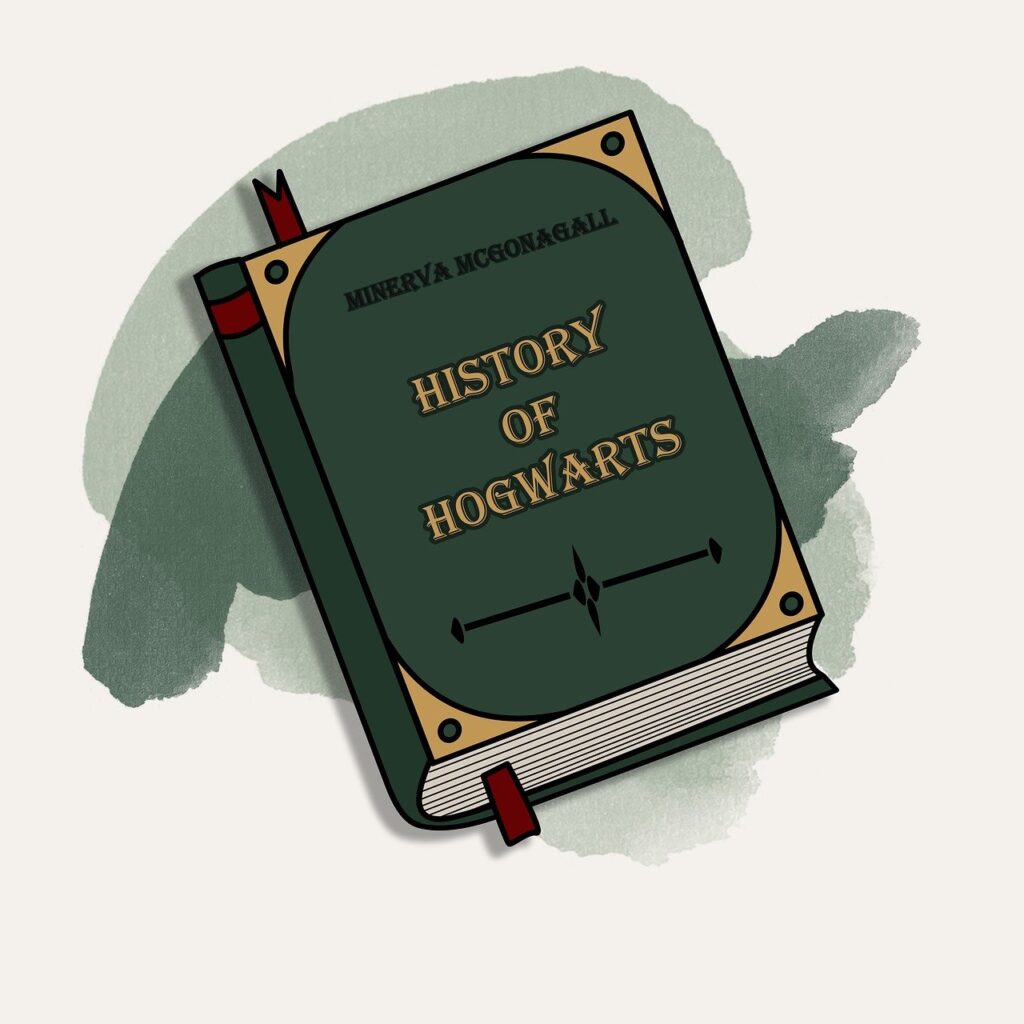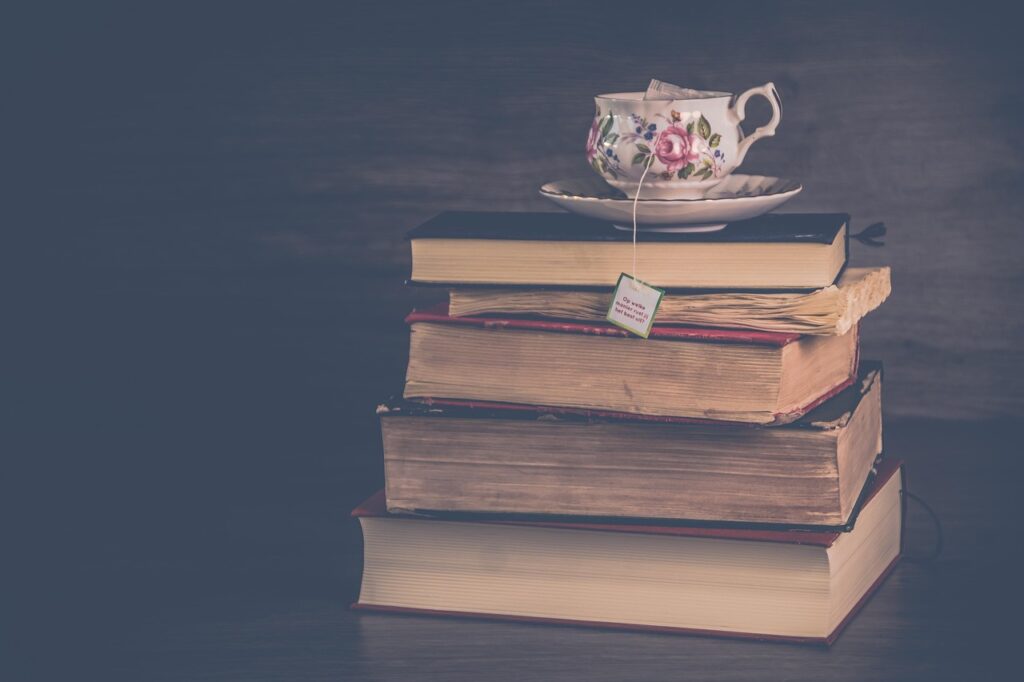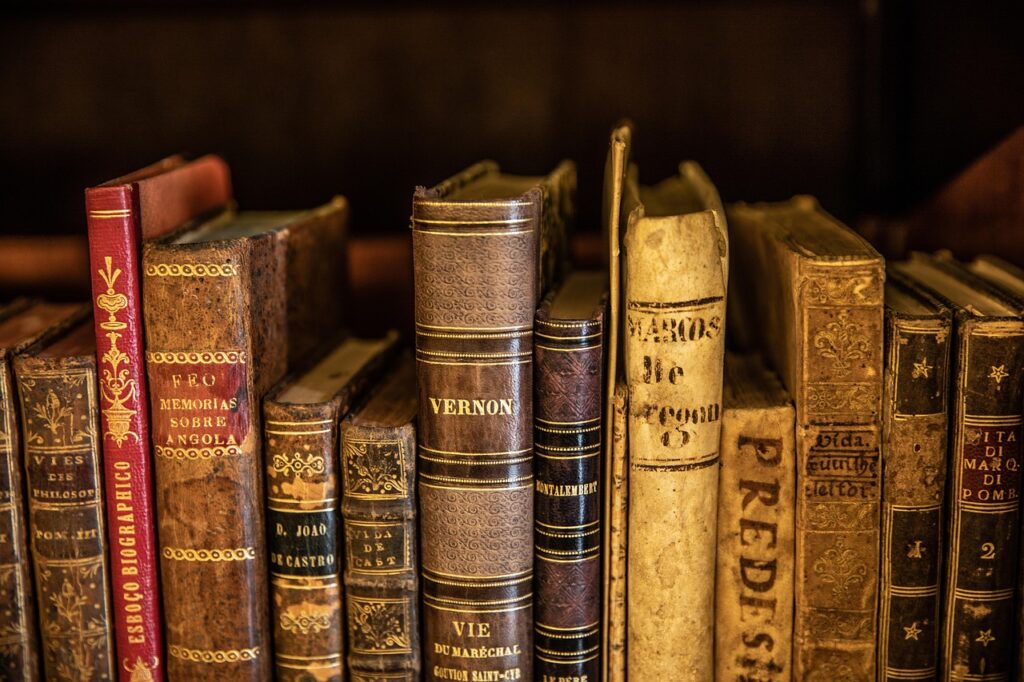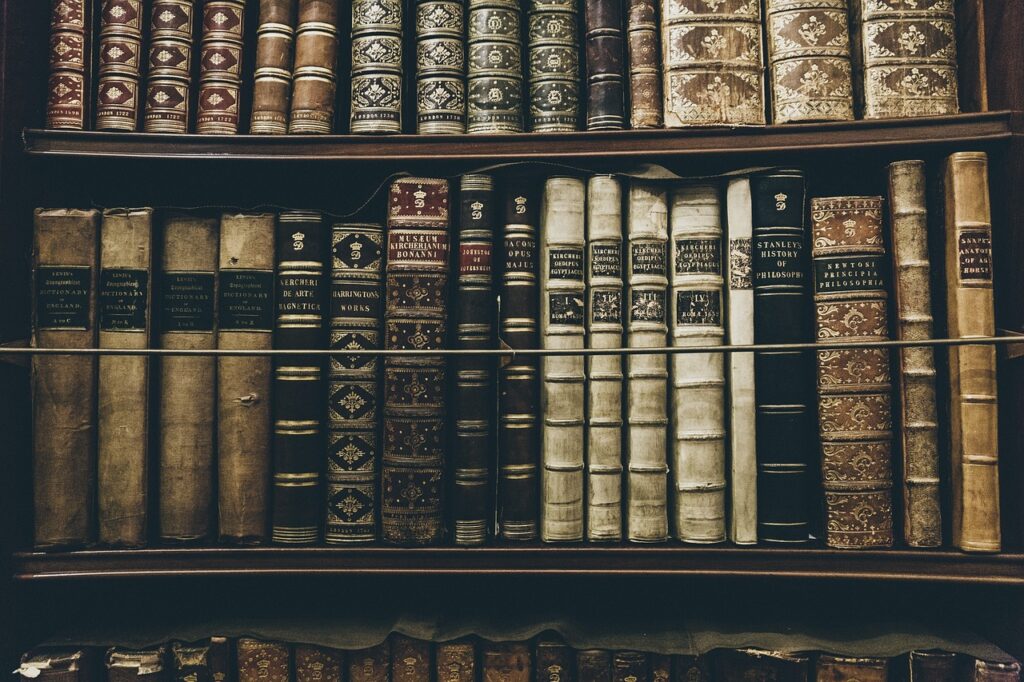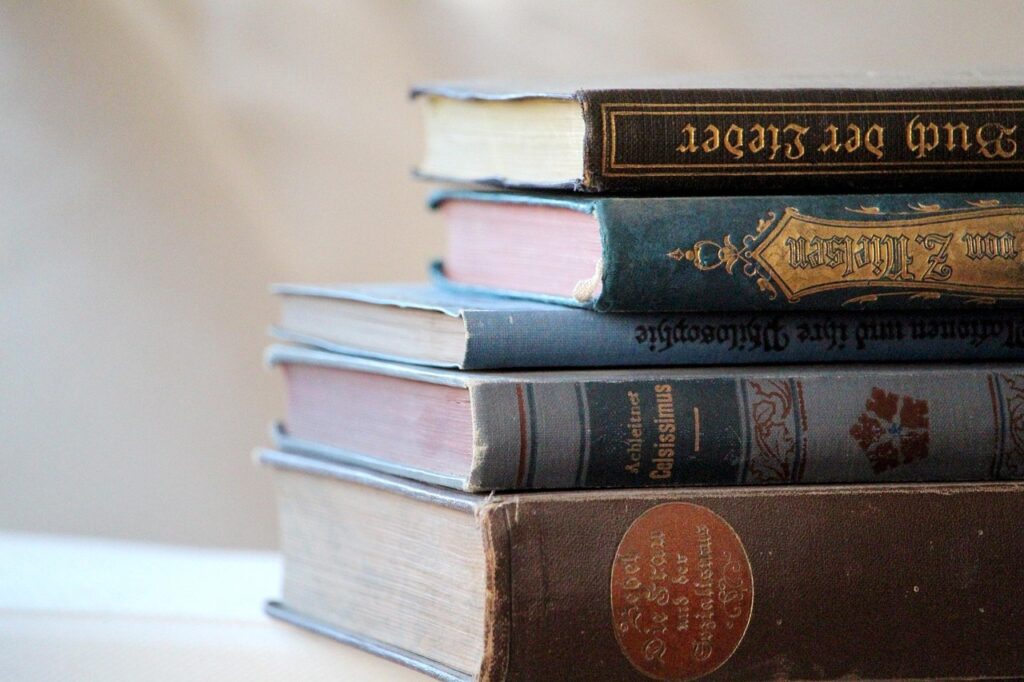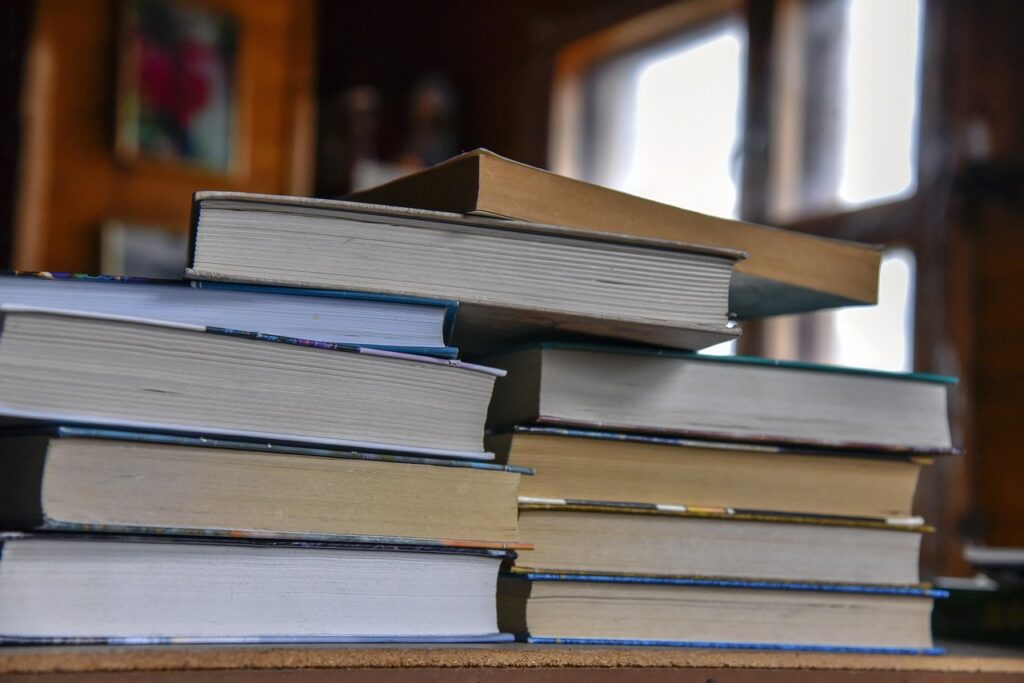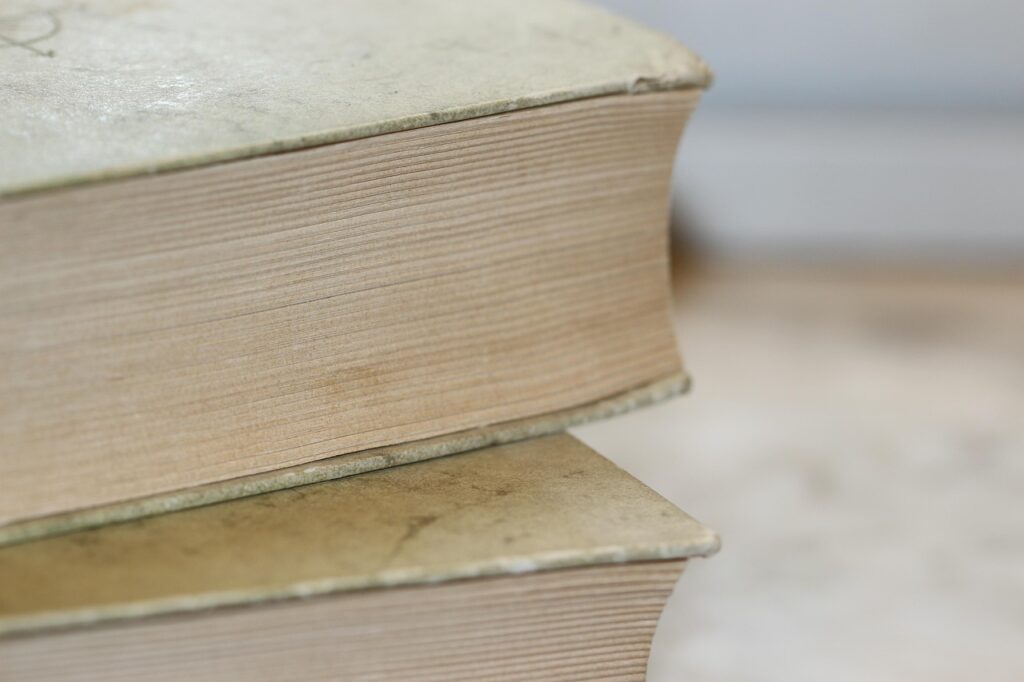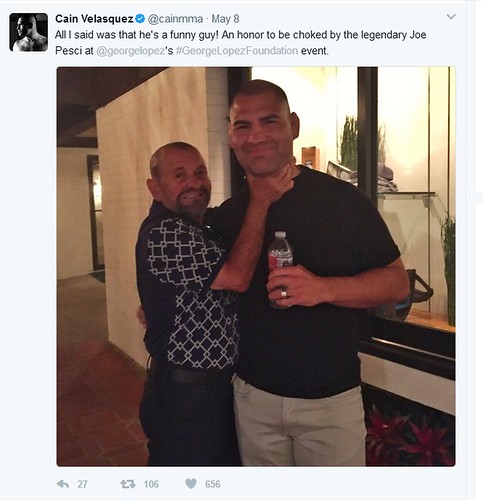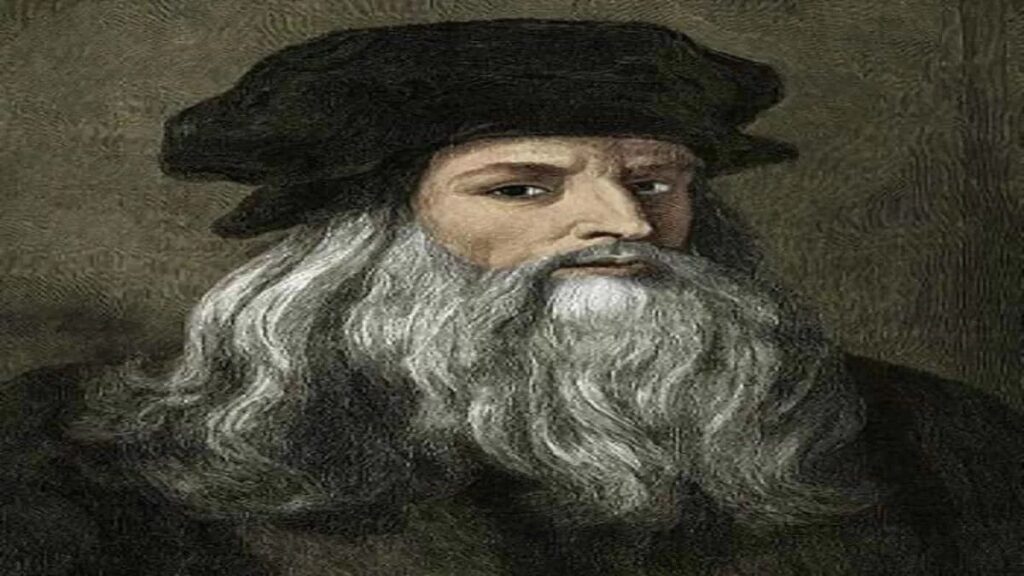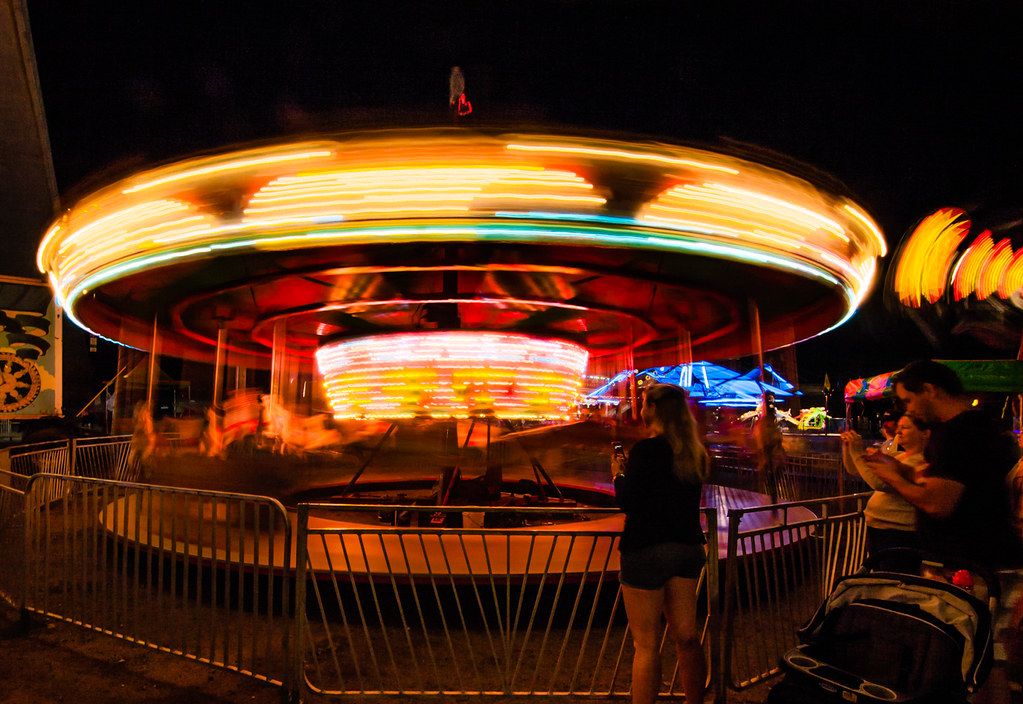British novelist L.P. Hartley once wrote, “The past is a foreign country. They do things differently there.” This eloquent observation serves as a profound reminder that history is not merely a collection of dates and names, but an immersive landscape waiting to be explored. It’s a realm where different customs, motivations, and societal structures shaped lives and events, offering invaluable lessons for our present and future. To truly understand ourselves, our societies, and the trajectory of human civilization, we must venture into this ‘foreign country’ with curiosity and an open mind.
Fortunately, we have exceptional guides for such journeys: the brilliant minds of top university professors and acclaimed historians. These scholars dedicate their lives to sifting through archives, analyzing primary sources, and crafting compelling narratives that bring the past vividly to life. Their meticulous research and insightful interpretations allow us to grasp the complexities of bygone eras, shedding fresh light on figures, movements, and forces that continue to resonate in our modern world.
In this article, we embark on an intellectual adventure, highlighting 14 essential history books recommended by these leading academic voices. These works, many of them award-winning and critically acclaimed, represent some of the finest historical scholarship available today. They promise to deepen your understanding of pivotal moments, iconic personalities, and the intricate web of events that have shaped our shared human experience, inviting you to engage with the past in truly transformative ways. Let’s dive into the first seven of these indispensable reads.
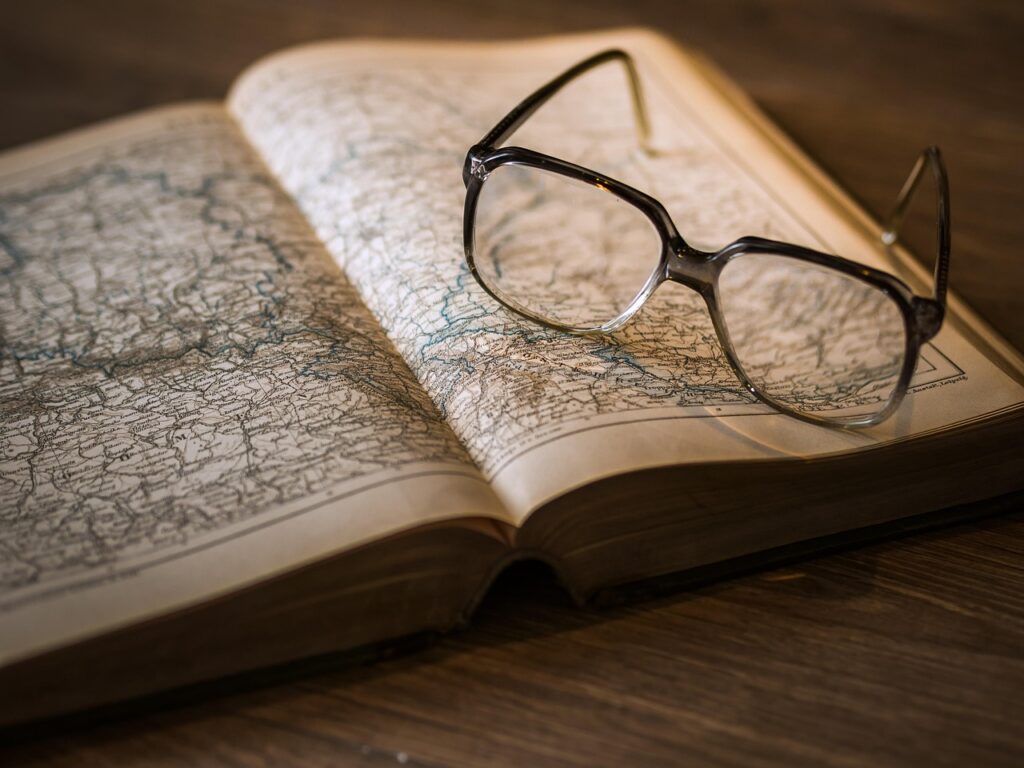
1. **The Rise and Fall of the Second American Republic by Manisha Sinha ’94GSAS**Historian Manisha Sinha, a distinguished Columbia alumna, offers a groundbreaking re-evaluation of one of the most critical periods in American history: Reconstruction. Traditionally framed between 1865, marking the end of the Civil War, and 1877, when the ‘corrupt bargain’ dissolved the last southern Reconstruction government, Sinha argues for a much broader understanding of this transformative era.
In her latest book, Sinha commences her narrative in 1860, with the pivotal election of Abraham Lincoln, effectively tying the origins of Reconstruction directly to the catalysts of the Civil War. She then extends her analysis all the way through to 1920, the year women were finally granted the right to vote. Sinha compellingly labels women’s suffrage as “the last Reconstruction amendment,” integrating the fight for gender equality into the larger struggle for American democracy and civil rights.
This expansive chronological scope provides an absolutely vital context to a time characterized by rapid-fire change and profound societal upheaval. By adopting this broader perspective, Sinha empowers readers to grasp the deep, enduring impact of Reconstruction on the fundamental fabric of American society, revealing how its unresolved questions and nascent triumphs continue to shape the nation decades later. It is a work that challenges conventional wisdom and enriches our appreciation for the long arc of justice and democracy in America.
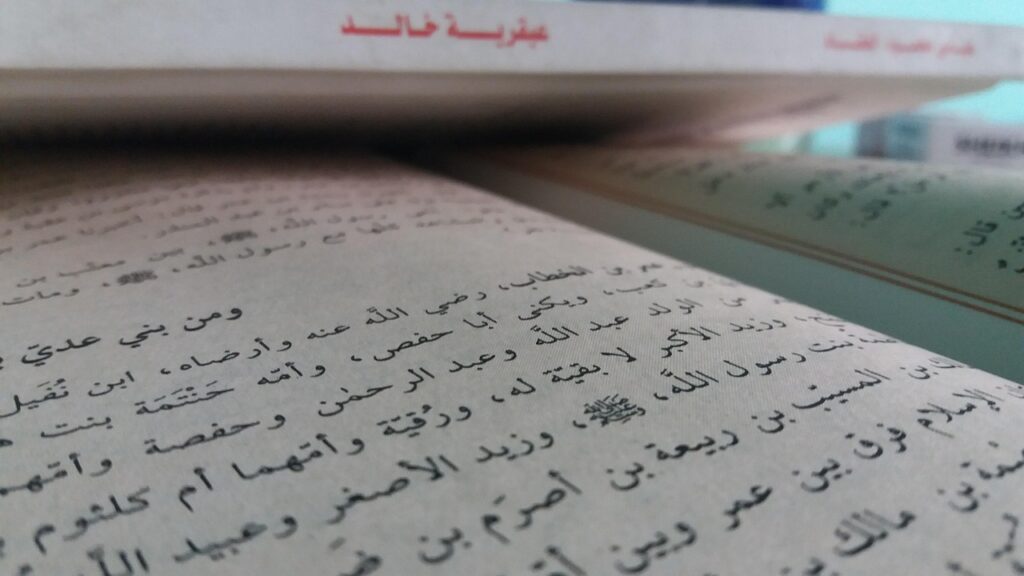
2. **Fire and Rain: Nixon, Kissinger, and the Wars in Southeast Asia by Carolyn Woods Eisenberg ’71GSAS**
More than five decades have passed since US troops withdrew from Vietnam, and the conflict has generated thousands of books, each seeking to unravel its complexities. Yet, in *Fire and Rain*, Carolyn Woods Eisenberg, another brilliant Columbia alumna, achieves something remarkable: she sheds fresh, compelling light on Richard Nixon and Henry Kissinger’s clandestine decision-making processes during those tumultuous years.
Eisenberg’s rigorous scholarship is evident in her analysis of hundreds of newly declassified documents, a testament to meticulous research. These previously unseen materials provide unprecedented access to the inner workings of power, allowing her to reconstruct the intricate geopolitical entanglements that defined the Vietnam War and its aftermath. Her work moves beyond familiar narratives to expose the nuanced calculations and fraught choices made at the highest levels of government.
*Fire and Rain* is not merely a recounting of events; it’s a deep contemplation of how Nixon and Kissinger’s actions and strategies laid the groundwork for the subsequent several decades of international relationships. The book, a deserving winner of the 2023 Bancroft Prize, is an indispensable read for anyone seeking a more profound understanding of the Cold War, American foreign policy, and the enduring legacies of conflict in Southeast Asia. It reveals the often-hidden architecture of global power dynamics.
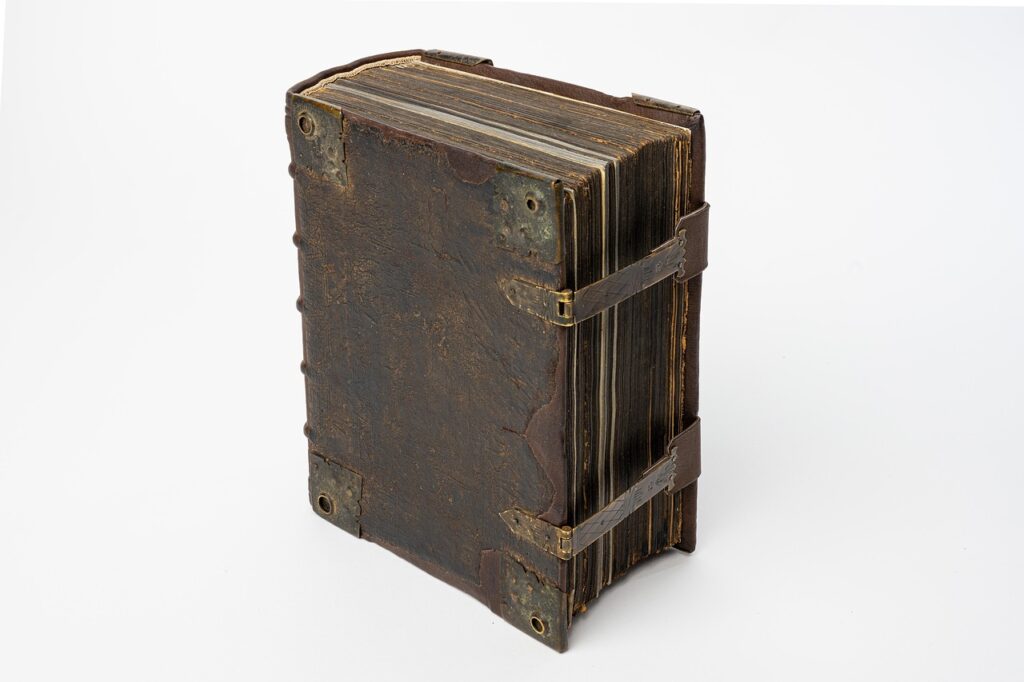
3. **G-Man by Beverly Gage ’04GSAS**J. Edgar Hoover’s influence on twentieth-century American history is, quite simply, almost impossible to overstate. For nearly fifty years, he presided over the Federal Bureau of Investigation, shaping its identity and wielding immense power that reached into every corner of American public and private life. In her revelatory biography, Beverly Gage, a distinguished Columbia alumna, undertakes the monumental task of detailing this complex figure.
*G-Man*, which earned the prestigious 2023 Pulitzer Prize, delves deep into the life and career of Hoover, moving beyond simple caricature to present a nuanced portrait. This is Gage’s first biography, a genre often demanding decades of experience, yet she proves herself an undeniable master of the form. Her command of historical detail and narrative flow is truly exceptional.
Gage’s impeccably researched work not only brings Hoover himself to life in all his complicated ambition and paranoia, but also meticulously reconstructs the rapidly changing world around him. Readers gain insight into how Hoover both reflected and shaped the social, political, and cultural transformations of an entire century. It’s an essential biography that unpacks the power, secrets, and enduring controversies of one of America’s most impactful and enigmatic figures.
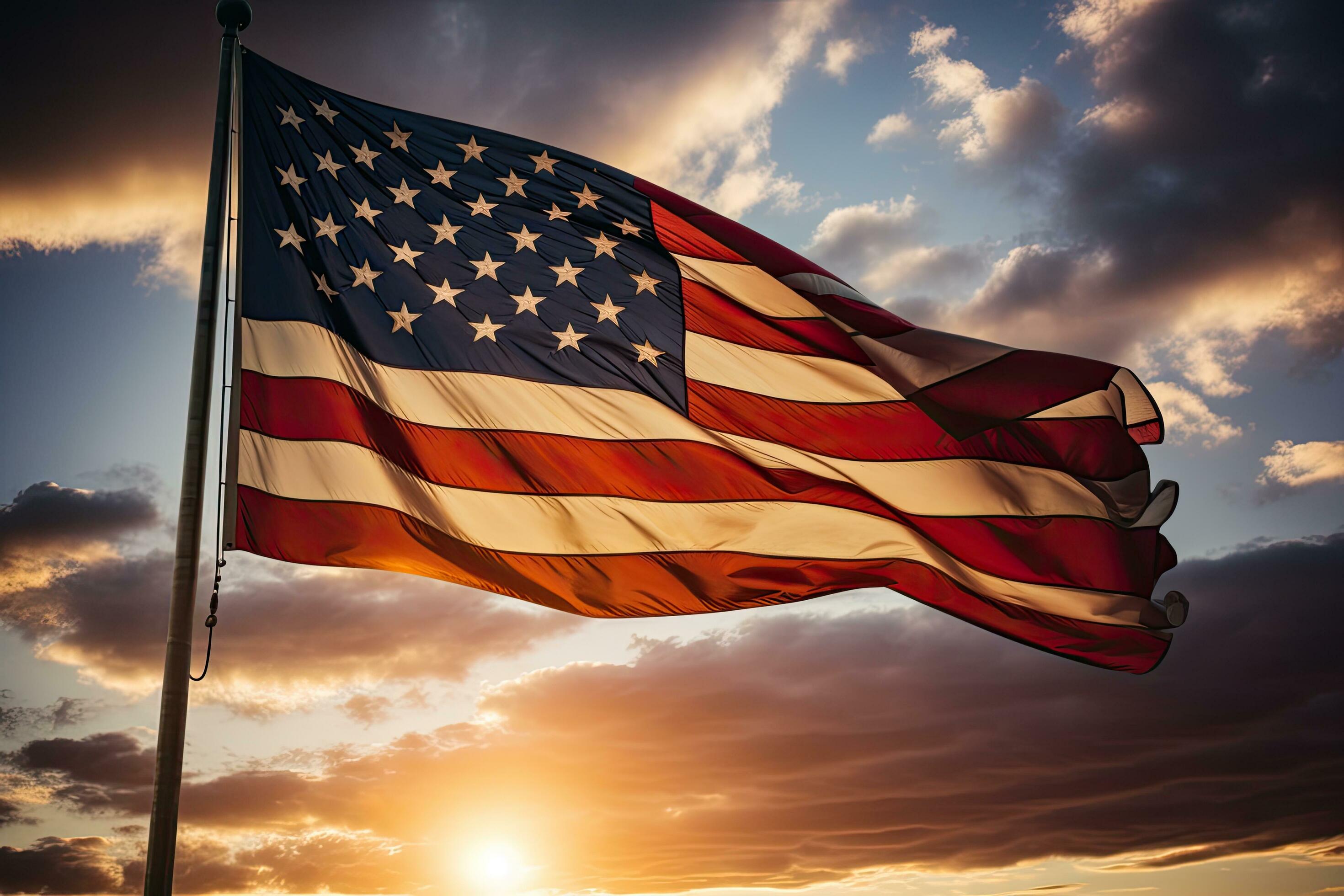
4. **American Eden by Victoria Johnson ’02GSAS**Beyond the well-trodden paths of famous figures, history often harbors individuals whose profound contributions have gone largely unsung. Victoria Johnson, a Columbia alumna, brilliantly brings one such figure to light in her biography, *American Eden*, which was a finalist for the 2018 National Book Award. Her subject is David Hosack, a man whose influence stretched from medicine to botany, leaving an indelible mark on the burgeoning American nation.
Hosack, familiar to some as the family doctor who accompanied Alexander Hamilton to his infamous duel with Aaron Burr, was far more than a witness to history. He was a Columbia professor of medicine and a renowned botanist, a true polymath whose vision extended across multiple scientific disciplines. Johnson reveals him as an early and fervent champion of public-health measures, laying groundwork for modern sanitation and disease prevention.
Furthermore, Hosack was a pioneer in pharmaceutical research and groundbreaking surgical techniques, pushing the boundaries of medical science in his era. His deep fascination with plants led him to establish America’s first public botanical garden, a twenty-acre marvel created from farmland in what is now Manhattan’s bustling Midtown. Johnson’s biography finally gives Hosack his due, showcasing him as an under-the-radar figure whose innovative spirit had a truly lasting impact on American science, health, and urban development.

5. **Hitler in Los Angeles by Steven J. Ross ’71CC**For many, the narrative of World War II primarily focuses on the European and Pacific theaters of war, with Hitler’s ambitions seemingly confined to continental conquest. However, Steven J. Ross, a distinguished alumnus of Columbia College and a University of Southern California historian, unveils a truly shocking and lesser-known facet of Nazi Germany’s grand strategy in his 2018 book, *Hitler in Los Angeles*, a Pulitzer Prize finalist.
Ross meticulously outlines Hitler’s audacious and terrifying plan to extend his dominion beyond Europe, with North America firmly in his sights. The chosen initial target city for this sinister expansion was none other than Los Angeles, a hub of culture, innovation, and global communication. The ambition behind this plan was not just territorial; it was profoundly destructive and ideological.
Hitler’s shocking blueprint included the systematic killing of all Jewish residents in Los Angeles, alongside the sabotage of critical Pacific Coast military operations, and ultimately, seizing control of Hollywood – which he perceived as the world’s most powerful microphone. Ross’s book offers a thrilling and meticulously researched examination of this chilling, yet little-known, aspect of a war often dissected, revealing the true global scope of Nazi malevolence.
6. **Custer’s Trials by T.J. Stiles ’91GSAS**George Armstrong Custer is a name synonymous with legend, often reduced to the iconic and tragic narrative of his last stand at Little Bighorn. However, two-time Pulitzer Prize winner T.J. Stiles, a Columbia alumnus, demonstrates his mastery of complex biographical portraiture in *Custer’s Trials*. Known for his insightful works on figures like Jesse James and Cornelius Vanderbilt, Stiles tackles Custer with the same depth and nuance.
Stiles’ biography courageously humanizes Custer, moving beyond the mythical figure to delve into his life long before his ultimate defeat. Readers are introduced to a man of ambition and enterprising spirit, but also one riddled with profound contradictions. This approach allows for a much richer understanding of Custer’s character, motivations, and the choices that defined his career and ultimately his fate.
It is a nuanced, deeply personal look at an iconic figure who is too often simplified. Stiles meticulously unpacks the layers of Custer’s personality and career within the broader context of the Civil War and Reconstruction eras, offering an invaluable perspective on a man who played a significant, albeit controversial, role in American history. This is historical biography at its finest, challenging preconceived notions and inviting deeper engagement with a complex past.

7. **Empire of Cotton by Sven Beckert ’95GSAS**Few commodities hold as much significance for understanding the intricate tapestry of modern economics and global history as cotton. So argues Sven Beckert, a distinguished Columbia alumnus, in his absolutely fascinating history of this ubiquitous crop, *Empire of Cotton*. This powerful work, a winner of the 2015 Bancroft Prize and a finalist for the Pulitzer Prize, makes a compelling and irrefutable case for cotton’s pivotal role in shaping the modern world.
Beckert meticulously elucidates the profound and often brutal relationship between the Industrial Revolution, the relentless expansion of imperial powers, and the abhorrent exploitation of slave labor. He demonstrates how the insatiable global demand for cotton fueled technological innovation in manufacturing while simultaneously driving the expansion of slavery and colonial conquests across continents. It is a deeply interconnected narrative of economics and human suffering.
His research reveals how cotton wasn’t merely a product but rather the driving force behind the emergence and consolidation of modern capitalism itself. *Empire of Cotton* is an eye-opening, essential read that fundamentally reshapes one’s understanding of global trade, industrialization, and the enduring legacies of exploitation. It provides a stark reminder of the human cost woven into the fabric of our economic systems.” , “_words_section1”: “1960
Now, let’s turn our attention to the next seven indispensable works, which illuminate diverse historical perspectives and continue our journey through the annals of human experience. From struggles against slavery and foundational principles of early leaders to the evolution of intellectual property and cultural legacies, these books challenge us to engage with the past in truly transformative ways. Each offers a unique lens, revealing narratives of struggle, resilience, innovation, and profound change that continue to shape our present.

8. **The Fiery Trial by Eric Foner ’63CC, ’69GSAS**Few American historical figures are better chronicled than Abraham Lincoln, yet a fresh, authoritative perspective from a historian of Eric Foner’s caliber is always welcome. As a distinguished Columbia history professor, Foner is widely regarded as perhaps the greatest living expert on the Civil War and Reconstruction, making his insights into Lincoln’s era particularly invaluable.
Foner’s Pulitzer-winning book, *The Fiery Trial*, delves into the fundamental issue defining the American Civil War: slavery. It unpacks President Lincoln’s complex relationship with this institution, scrutinizing his views on race, equality, and civil rights. The work explores the moral and political dilemmas Lincoln navigated, moving beyond simplistic interpretations of his presidency.
Through meticulous research, Foner illuminates how Lincoln grappled with the contradictions of a nation founded on liberty yet sustained by human bondage. The book offers a nuanced understanding of Lincoln’s presidency and the turbulent era that reshaped American identity, laying groundwork for future struggles for justice.
9. **Master Slave Husband Wife by Ilyon Woo ’04GSAS**American history is filled with tales of courage, but few resonate with the ingenuity of William and Ellen Craft’s escape from slavery. On December 20, 1848, this enslaved couple embarked on a perilous journey from Macon, Georgia, seeking freedom in the North. Their astonishing disguise set their escape apart.
Ellen Craft, light-skinned, boldly dressed as a well-to-do gentleman, feigning illness to avoid conversation. Her husband, William, posed as “his” loyal slave, allowing them to travel openly on trains and steamships—a virtually unthinkable feat for an enslaved couple. This elaborate masquerade highlights the immense risks and their profound desire for self-determination.
While their audacious journey gained celebrity, Ilyon Woo’s *Master Slave Husband Wife* breathes new life into their narrative. Winner of the 2024 Pulitzer Prize for biography, Woo’s exhaustive research reconstructs their harrowing journey in astonishing detail. This meticulous approach provides an enthralling account, enriching our understanding of their resilience and antebellum America’s moral landscape.
10. **John Adams by David McCullough**John Adams stands as a figure of immense significance. In this powerful, epic biography, David McCullough vividly unfolds the story of Adams – a brilliant, fiercely independent patriot, whom Thomas Jefferson called “the colossus of independence.”
McCullough’s narrative brings to life a man zealous for the American Revolution, who became the second President and saved the country from unnecessary war. His marriage to Abigail Adams, illuminated through their correspondence, emerges as one of the most moving love stories in American history, drawing significantly from over a thousand previously unpublished letters.
Like his Pulitzer-winning *Truman*, McCullough’s *John Adams* offers a riveting portrait of an abundantly human man and a vivid evocation of his time. It explores the intricate relationship between Adams and Jefferson, from ardent co-revolutionaries to archrivals, and ultimately, to their remarkable reconciliation and shared death day on July 4, 1826—a truly poignant thread in American history.
Read more about: 14 Revolutionary War Films That Missed the Mark on History — A Deep Dive into Cinematic Liberties
11. **Who Owns This Sentence? A History of Copyrights and Wrongs by David Bellos, co-authored with Alexandre Montagu**
In an age dominated by digital content and AI, intellectual property, specifically copyright, has never been more relevant. David Bellos, a Princeton professor, co-authored with Alexandre Montagu, tackles this timely subject in *Who Owns This Sentence? A History of Copyrights and Wrongs*. This insightful work appeared on The New Yorker Best Books of 2024 and The Spectator Books of the Year lists.
The New Yorker lauded the book for its dual warnings, noting it cautions “against the overreach of contemporary copyright law” while also raising “the alarm about the increasing dominance of artificial intelligence, a technology that threatens to bring the whole legal structure of copyright down.” This highlights the book’s critical engagement with both historical precedent and future challenges.
Bellos and Montagu journey through copyright history, examining how the legal framework protecting creators has evolved. Their narrative explores the origins and impact of these laws. By connecting past legal battles and contemporary tech, the authors provide a comprehensive, accessible account that demystifies a convoluted subject.
12. **Tchaikovsky’s Empire: A New Life of Russia’s Greatest Composer by Simon Morrison**Pyotr Ilyich Tchaikovsky remains a beloved figure in classical music, yet his work is often viewed in isolation from his historical context. Simon Morrison, a distinguished professor at Princeton, corrects this in *Tchaikovsky’s Empire: A New Life of Russia’s Greatest Composer*.
This acclaimed biography, recognized by the Financial Times, offers a fresh perspective. Morrison “focuses on the imperial world in which Tchaikovsky moved and the wider influences on his music,” creating a new profile. This approach moves beyond purely musical analysis to explore the broader societal, political, and cultural forces that shaped his art and life.
Morrison delves into Tchaikovsky’s creative genius within the turbulent Russian Empire. He explores how the composer navigated imperial expectations and how political events influenced his compositions. By placing Tchaikovsky firmly in his imperial context, Morrison enhances our understanding of the composer and provides a vibrant portrait of a pivotal era in Russian history and culture.
13. **I Just Keep Talking: A Life in Essays by Nell Irvin Painter**Nell Irvin Painter, Edwards Professor of American History, Emerita, at Princeton, is celebrated for her incisive scholarship and fearless engagement with American history and identity. Her collection, *I Just Keep Talking: A Life in Essays*, stands as a testament to her enduring influence. This vibrant work has been lauded by The New York Times and Kirkus Reviews.
Kirkus Reviews praised the book as “a vibrant, insightful collection from an indispensable voice,” highlighting its “shrewd analyses of issues including race, class, and gender; history and historiography; police brutality and poverty; art, education, and politics.” This scope underscores Painter’s remarkable ability to connect personal experience with broader historical phenomena.
Painter’s essays are deeply personal yet universally resonant reflections on historical narratives and the lived realities of the marginalized. She fearlessly confronts challenging topics, inviting readers to consider how race, class, and gender intersect with power structures. Her work exemplifies that engaging with history means critically examining how facts are interpreted, urging a more inclusive understanding of the past.
14. **The Devil in the White City by Erik Larson ’78JRN**History, in the hands of a master storyteller, can transcend facts to become a pulse-pounding narrative. Erik Larson, a distinguished Columbia Journalism alumnus, is renowned for meticulous research and riveting storytelling, transforming pop-history into fast-paced page-turners. His bestselling *The Devil in the White City*, a finalist for the National Book Award, exemplifies this talent.
Larson masterfully transports readers to Chicago in 1893, specifically to the glorious World’s Columbian Exposition. As Chicago envisioned a new century, a chilling darkness lurked. Larson weaves two parallel narratives: the ambition of the fair’s creators, Daniel H. Burnham and Frederick Law Olmsted, and the sinister presence of H.H. Holmes, a serial killer.
Larson’s prose vividly brings the Gilded Age to life, detailing architectural triumphs and social undercurrents. The juxtaposition of grand aspirations with a terrifying reality creates a compelling reading experience. *The Devil in the White City* spent over a decade on the New York Times bestseller list, a testament to its enduring power to entertain, educate, and make the past feel immediate.
These 14 selections, curated by some of the most insightful minds in academia, serve as far more than just books; they are gateways to understanding. They invite us to step into L.P. Hartley’s “foreign country” with open hearts and minds, to challenge our preconceptions, and to discover the enduring power of history to inform, to inspire, and to profoundly reshape our perception of the world. Whether you’re a seasoned historian or simply a curious soul eager to delve deeper into the human story, these titles offer pathways to truly transformative learning.


